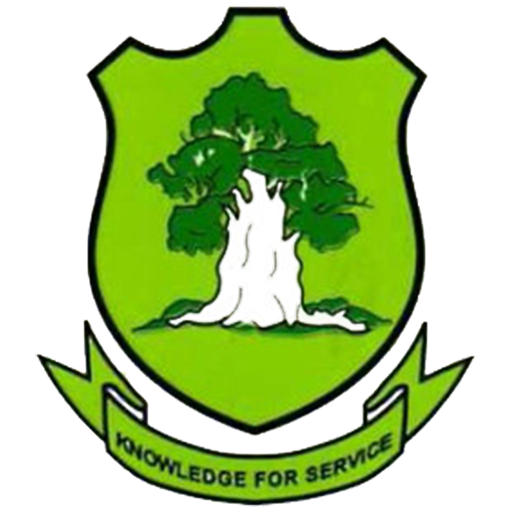Forensic Department of the University for Development Studies holds a Guest Lecture on Investigative Psychology
On Wednesday,12th June 2024, Mr. Bernard Baba Ananga, the Northern Regional Crime Officer of the Ghana Police Service delivered a lecture on the topic, “Investigative Psychology” at the Forensic Department of the University for Development Studies. The lecture which was the first of its kind at the Department, provided students who are undertaking a bachelor of science in forensics the opportunity to gain more insights from a practitioner’s perspective and also from a season crime officer at the Ghana Police Service with decades of experience.
Mr. Ananga began his lecture on the need for investigation and its essence in solving crimes. “Investigation is at the core of forensics and as you go through research methods and certain procedures in your academic findings, we also follow certain procedures during investigations,” he said. Mr. Ananga took the students through the procedures and how the Police Service are able to piece evidence together to convict criminals or solve puzzles. The strategies of studying criminal action were also not left out in the procedure of criminal investigations. Mr. Ananga further took students through some case studies using past evidence and experience to share insights into the criminal justice system and the need to ensure that only criminals are convicted by the law.

His lecture also touched on the modus Operandi of criminals and how the Police Service ensures that they are brought before the law to safeguard lives and properties. Mr. Ananga took time to take students through the criminal codes and laws in Ghana. He explained in detail, crimes that fall under misdemeanor, first-degree felony and second-degree felony. Drawing on landmark case studies such as the Republic vs Asante, Mr. Ananga highlighted the rights of the accused person under the law and the need to presume the accused person, at all times, as innocent until proven guilty. He urged the students to continually assist the Police to ensure that evidence is gathered on time to aid justice delivery. Mr. Ananga further added that the Police Service during investigations, collaborates with other departments and experts to ensure that evidence is backed by hard-core facts and not just mere opinions.

Concluding his lecture, Mr. Ananga underscored the need for state institutions such as Ghana Police Service and universities forexample, the University for Development Studies (UDS) to collaborate in training the human resources essential for investigations, including forensic studies. “We need to collaborate and learn as the field of investigation is very broad and requires more time," Mr. Ananga emphasized. "I would come back here again to speak to you about other issues such as counter-terrorism.”
Giving a brief remark, Dr. Lydia Quansah, the Head of the Department of Forensic Science at the University for Development Studies, stressed the importance of the guest lecture and the need to incorporate practicality into the academic curriculum. She intimated that the Department of Forensic Science is committed to integrating hands-on experiences and real-world applications into its programs. Dr. Quansah also mentioned that partnerships with institutions like the Ghana Police Service would enhance the students' learning experience and better prepare them for their future careers in forensic science.

The event ended with a question-and-answer session that helped students clarify additional areas of investigation. Students eagerly posed questions about various aspects of forensic science, from crime scene analysis to the latest advancements in forensic technology. The interactive discussion provided deeper insights and practical knowledge, leaving the attendees more informed and inspired to pursue their studies with renewed vigor. Both Mr. Ananga and Dr. Quansah encouraged the students to remain curious and proactive in their learning, emphasizing the ever-evolving nature of the field and the continuous need for skilled professionals.
Story By: Sumaila Mohammed (UDS Media)




